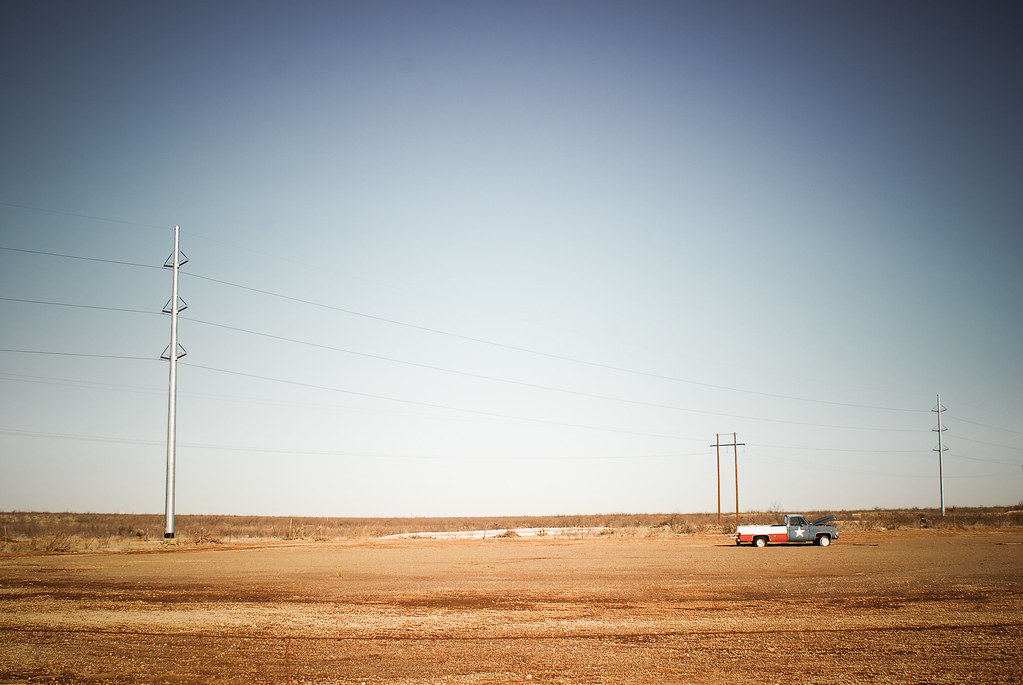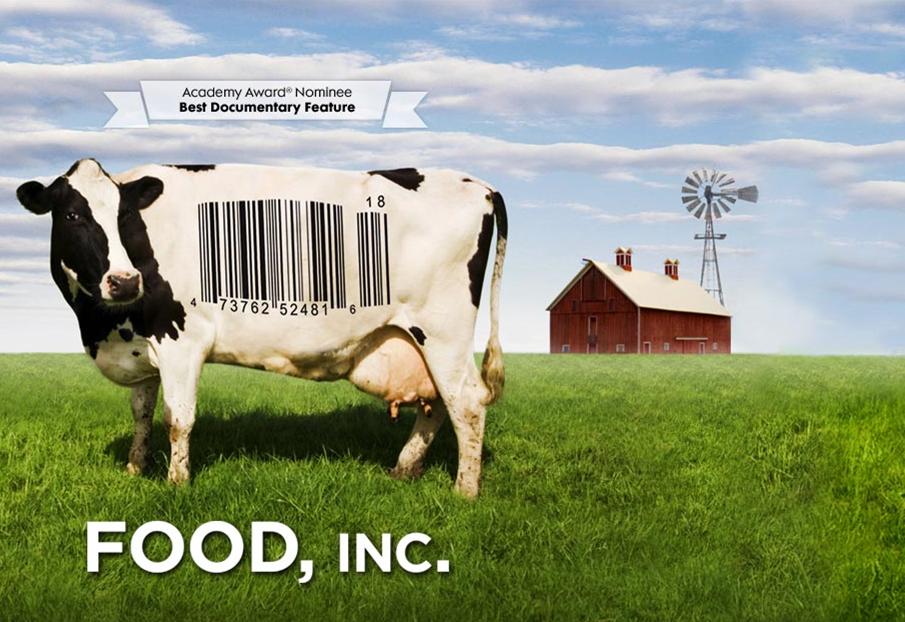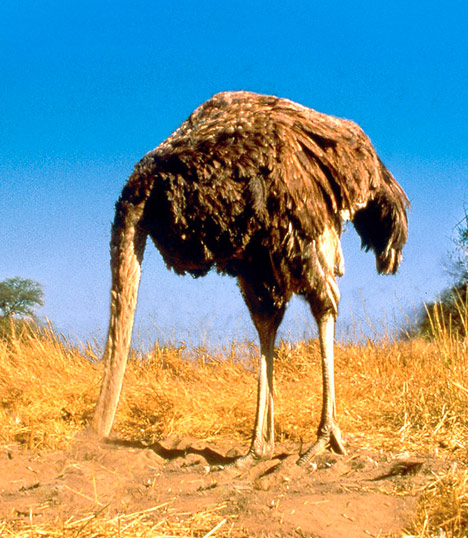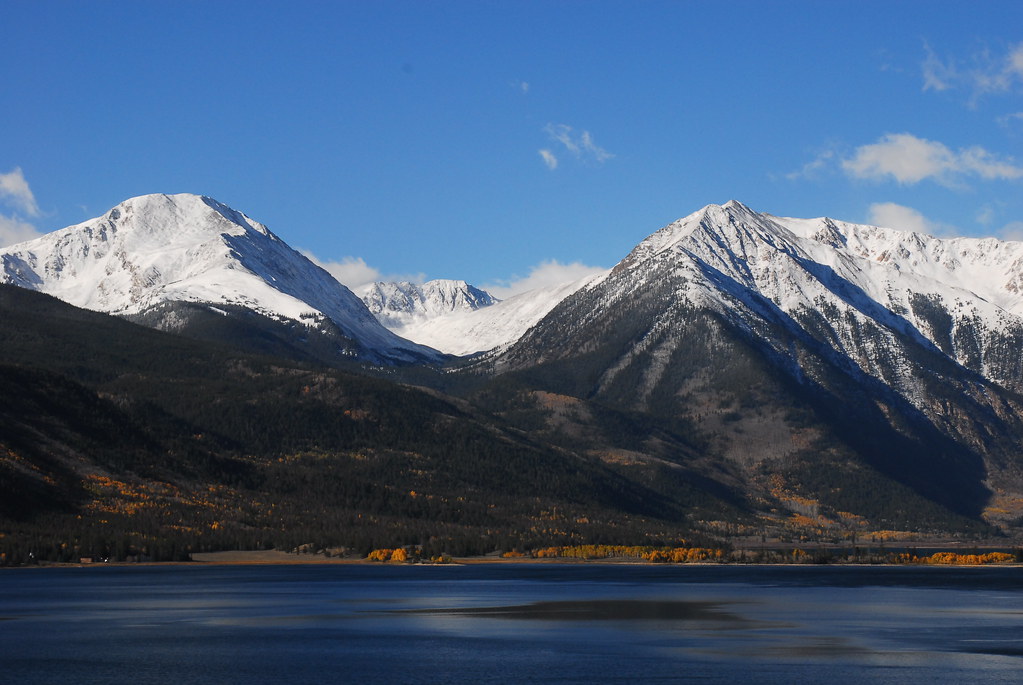
I haven't written a "Happy New Year" post in a couplafew years. Life trumps blog.
There are lots and lots of positive affirmations and New Year's Resolutions being posted on Facebook. Things like "Lose 10 lbs" and "Read more/watch less television", although noble goals, don't seem to cut it these days. I'm seeing (or is it "feeling") more of a spiritual/energetic bent to folks' "Think and so shall ye be" thoughts.
Peace, love, understanding, forgiveness, tolerance, cooperation, humility, compassion. Perhaps it's a reaction to the vociferous invective that was being bandied about in our political world for the past year. That *is* being bandied about. The election and two years of ancillary malarkey, the dysfunction of Congress and tonight's Fiscal Cliff "resolution" (don't get me started). Perhaps it's a natural state of human coping with regard to the Red Hook tragedy, the death of the New Delhi gang rape victim, the aftermath of Hurricane Sandy.
I think people, myself included, are wanting to go beyond losing weight and eating better and doing more yoga. Wanting, needing, to go beyond being more spiritual this year than last year. Beyond "You make me want to be a better man." I would like to believe that more and more people are feeling dissatisfied with the status quo. The status quo of the myth of perpetual growth. The status quo of the American Dream. The status quo of a capitalist economic system that is not only not good for our Mother Earth, but not good for humanity.
We know something's not exactly right in the world. We feel it in our bones. Something about our chi is just not lining up. We know something needs to be done. We know we the people need to do something more than has been done to date. We know we as individuals need to do less worrying and talking and bitching and moaning about the problems that are before us. I ran across a good quote the other day. "Worry is using the power of your imagination to create something you don't want."
I don't consider myself a worrier. I would say I'm more of a machinator. Or perhaps a cognitator. Machinating and cognitating "in my spare time while I'm resting" knowing that we have to do something about it all. Knowing that there has to be a solution. Knowing that the Serenity Prayer's "To accept the things I cannot change, the courage to change the things I can, and the wisdom to know the difference..." just somehow doesn't cut it. For me, that is.
Because, you see, pretty much *everything* has to change. Not just in America the land of the free and the home of the beige. We, we the people, have created a raft of problems and issues across the planet with our way of life and our apathy and our complacency. Luxury and comfort make us lazy. Football and HoneyBooBoo make us lazy. Cabela's and Nordstrom make us lazy. Substitute Dollar General and WalMart if you please. WalMart is bad for the planet. HoneyBooBoo is bad for humanity.
We are blind to it. We are lazy to it. We are apathetic and complacent. Luxuriating in the meadow, under the wispy Jerusalem Thorn tree swaying in the gentle breeze, laid back in our comfy lavender colored plastic Adirondack chairs made in China from plastic pellets manufactured from hydrocarbons sucked from Mother Earth beneath the Saudi Arabian desert. Or the Sahara Desert. Or the Venezuelan rainforest. Or natural gas liquids fracked from the shales outside of Goldsmith, Texas, on the fringe of the Chihuahua Desert, pumped via pipeline to Houston, to be refined and plasticized and pelletized, then shipped to China (via the Panama Canal) to be formed into my comfy albeit structurally under-designed for my pre-New Year's resolution weight, then shipped back across the magnificent deep blue Pacific Ocean to Los Angeles, then by rail headed east, then by tractor-trailer from some freight depot to my local Cragg's "DoItBest" handy homeowner wannabe rancher store. $19.95. Plus tax. We've got about a dozen of them - half of them broken (by me sitting in them, or more accurately from me getting up out of them - craaack!) retired behind the pole barn.
Talk about a guilt trip. I think I'm sorry now that I ran with that thread of thought. But I digress.
I'm all about the power of positive thinking, positive affirmations, positive vibes. Positively. There is definitely something at work in visualizing and manifesting one's reality. "Something at work" is an understatement. That "something" that enables a new reality to be manifested is a power to be reckoned with. A fundamental truth of the Universe not to be ignored. Think Deepak Chopra's "a thought is a physical thing that exists in the Universe..." Think of the docu-drama "What The Bleep?".
What about collectively visualizing and manifesting a new reality? Collectively for the collective. Concomitantly, hand-in-hand, with mutuality, not just for the individual, or a group of individuals, or an individual country, but for all of humanity and our fellow critters on the planet. Collectively, for the Universe.
We have an opportunity before us to think and dream and shape and mold a new world for ourselves, our children, our great-great-great-great-great grandchildren. Five greats hence. My fifth great-grandfather fought at The Battle of the Alamo in 1836. One hundred seventy seven years. Seven generations. What those men did, the few that survived, and those who gave their lives, no doubt helped shape the future. My present. Maybe. Kindasorta. You get my drift. I hope.
We have the smarts, the knowledge, the "knowing vs. knowledge", the ability, the drive, the spirit, and the tools to do it. Picks and shovels and hands and strong backs and brains and brawn and imagination. Google and Facebook and Twitter. All the tools and knowledge and knowing to get done what needs to be done.
Do the right thing and do the thing right, as I like to say.
Perhaps it's the spirituality that's missing these days. Missing from these past many years. Perhaps we got sidetracked in our comfort. Sidetracked by the illusion that we could all live like Kings and Queens. Or rather the delusion.
Perhaps that's why we're seeing more affirmations and resolutions and revolutions of awareness and presence and spirituality and collaboration and community and unity.
We have a Renaissance level opportunity before us to manifest a new and sustainable reality for ourselves. An economy and a way of life that sustains not only the planet and her delicately balanced systems, but one that sustains humanity and the soul of humanity. To create a world/way of life that moves away from an "Industrial Growth Society" and toward a "Life Sustaining Civilization" - quoting
Joanna Macy.
A Renaissance level opportunity in that it will take not just years, nor decades, but centuries to bring ourselves away from the brink, and move towards sustainability.
But we have to roll up our sleeves and get to work. Chin up, gaze to the horizon. For our great-great-great-great-great grandchildren.
Happy New Year, ya'll.
Sidenote: I had intended to just post the article that follows. A little something that I ran across that struck a chord on this New Year's Day. I wanted to just post the article and include some sort of happy new year comment. I had intended to be brief, but that obviously didn't work out. I'm glad I finally took the time to write this. It's been on my mind for some time now. Extemporaneous and "free written", not outlined nor well-thought-out nor edited. Saying most of what I want to say on the subject of positive thinking/manifestation vs. bitching and moaning and getting pissed off as an effective motivational/educational/informational tool vs. getting off my/our collective asses and really, truly getting to work. Meditating on a rock in the woods and thinking happy thoughts isn't the answer. But it's a start, and it's definitely part of the solution.
AlterNet / By Charles Eisenstein
Everything We Tell Ourselves About America and the World Is Wrong
Why we need a new story that gives meaning to the world.
December 29, 2012
Charles Eisenstein is an essayist and author of the books Sacred Economics and The Ascent of Humanity. He is a contributor to Shareable, where this article first appeared.
Every culture has a Story of the People to give meaning to the world. Part conscious and part unconscious, it consists of a matrix of agreements, narratives, and symbols that tell us why we are here, where we are headed, what is important, and even what is real. I think we are entering a new phase in the dissolution of our Story of the People, and therefore, with some lag time, of the edifice of civilization built on top of it.
Sometimes I feel intense nostalgia for the cultural mythology of my youth, a world in which there was nothing wrong with soda pop, in which the Superbowl was important, in which the world’s greatest democracy was bringing democracy to the world, in which science was going to make life better and better. Life made sense. If you worked hard you could get good grades, get into a good college, go to grad school or follow some other professional path, and you would be happy. With a few unfortunate exceptions, you would be successful if you obeyed the rules of our society: if you followed the latest medical advice, kept informed by reading the New York Times, and stayed away from Bad Things like drugs. Sure there were problems, but the scientists and experts were working hard to fix them. Soon a new medical advance, a new law, a new educational technique, would propel the onward improvement of life. My childhood perceptions were part of this Story of the People, in which humanity was destined to create a perfect world through science, reason, and technology, to conquer nature, transcend our animal origins, and engineer a rational society.
From my vantage point, the basic premises of this story seemed unquestionable. After all, it seemed to be working in my world. Looking back, I realize that this was a bubble world built atop massive human suffering and environmental degradation, but at the time one could live within that bubble without need of much self-deception. The story that surrounded us was robust. It easily kept anomalous data points on the margins.
Since my childhood in the 1970s, that story has eroded at an accelerating rate. More and more people in the West no longer believe that civilization is fundamentally on the right track. Even those who don’t yet question its basic premises in any explicit way seem to have grown weary of it. A layer of cynicism, a hipster self-awareness has muted our earnestness. What was once so real, say a plank in a party platform, today is seen through several levels of “meta” filters to parse it in terms of image and message. We are like children who have grown out of a story that once enthralled us, aware now that it is only a story.
At the same time, a series of new data points has disrupted the story from the outside. The harnessing of fossil fuels, the miracle of chemicals to transform agriculture, the methods of social engineering and political science to create a more rational and just society – each has fallen far short of its promise, and brought unanticipated consequences that threaten civilization. We just cannot believe anymore that the scientists have everything well in hand. Nor can we believe that the onward march of reason will bring on social utopia.
Today we cannot ignore the intensifying degradation of the biosphere, the malaise of the economic system, the decline in health, or the persistence and indeed growth of global poverty and inequality. We once thought economists would fix poverty, political scientists would fix social injustice, chemists and biologists would fix environmental problems, the power of reason would prevail and we would adopt sane policies. I remember looking at maps of rain forest decline in National Geographic in the early 1980s and feeling both alarm and relief – relief because at least the scientists and everyone who reads National Geographic is aware of the problem now, so something surely will be done.
Nothing was done. Rainforest decline accelerated, along with nearly every other environmental threat that we knew about in 1980. Our Story of the People trundled forward under the momentum of centuries, but with each passing decade the hollowing-out of its core, that started perhaps with the industrial-scale slaughter of World War One, extended further. When I was a child, our system of ideology and mass media still protected that story, but in the last thirty years the incursions of reality have punctured its protective shell and have ruptured its essential infrastructure. We no longer believe our storytellers, our elites. We don’t believe the politicians, we don’t believe the doctors, we don’t believe the professors, we don’t believe the bankers, we don’t believe the technologists. All of them imply that everything is under control, and we know that it is not. We have lost the vision of the future we once had; most people have no vision of the future at all. This is new for our society. Fifty or a hundred years ago, most people agreed on the general outlines of the future. We thought we knew where society was going. Even the Marxists and the capitalists agreed on its basic outlines: a paradise of mechanized leisure and scientifically engineered social harmony, with spirituality either abolished entirely or relegated to a materially inconsequential corner of life that happened mostly on Sundays. Of course there were dissenters from this vision, but this was the general consensus.
When a story nears its end it goes through death throes, an exaggerated semblance of life. So today we see domination, conquest, violence, and separation take on absurd extremes that hold a mirror up to what was once hidden and diffuse. The year 2012 ended with just such a potent story-disrupting event: the Sandy Hook massacre. Even realizing that far more, equally innocent, children have been killed in the last few years by, say, U.S. drone strikes, it really got under my skin. No one was immune. I think that is because its utter senselessness penetrated every defense mechanism we have to maintain the fiction that the world is basically OK. Unlike 9/11 or Oklahoma City, and certainly unlike the horrors that go on around the world, there was no convenient narrative to divert the raw pain of what happened. We cannot help but map those murdered innocents onto the young faces we know, and the anguish of their parents onto ourselves. At the base of our Story of the People is separation, of humanity from nature, of me from you, of each from all, and this event united everyone, of whatever culture, nationality, or political persuasion. For a moment, we all felt the exact same thing. For at least a moment, I am sure, most people were in touch with the simplicity of what is important; I am sure many people had that fleeting feeling, “It doesn’t have to be that difficult, if only we could remember what is so obvious now, that love is all there is.” We humans have made such a mess of things, forgetting love. It is the same realization we have when a loved one is going through the dying process, and we think, “Ah, how precious this person is – why couldn’t I see that? Why couldn’t I appreciate all those moments we had together? All the arguments and grudges seem so tiny now.”
Following that moment, of course, people hurried to make sense of the event, subsuming it within a narrative about gun control, mental health, or the security of school buildings. Maybe I am imagining things, but I don’t think anyone really believes deep down that these responses touch the heart of the matter. Gun culture, we know, is a symptom of something deeper, and the violence that finds expression through guns would, even in their absence, come out in some other way. Mental illness too is a problem so vast that it is essentially unsolvable in our current system; it too comes from a deeper source. As for school security, a Chinese saying describes all the measures proposed: they stop the gentleman but not the villain.
No one would say that Sandy Hook was more horrible than the Holocaust, the Stalinist purges, or the imperialistic wars of the 20th century and 21st, but it was less comprehensible. Try as we might, we cannot fit it into our Story of the World. It is the anomalous data point that unravels the entire narrative – the world no longer makes sense. We struggle to explain what it means, but no explanation suffices. We may go on pretending that normal is still normal, but this is one of a series of “end time” events that is dismantling our culture’s mythology.
The evident futility of the responses that we are capable of imagining also points to this deep ideological breakdown. The responses are all about more control. Yet control, as we may or may not realize, is a key thread of the old story of humanity rising above nature, imposing technology and reason on the wild world and the uncivilized human. All around us, we see our efforts at control backfiring: wars to fight terrorism breed terrorism, herbicides breed superweeds, antibiotics breed superbugs, psychiatric medications lead to explosive outbursts of violence.
Looking back on the community schools a couple generations past, where children and parents could walk in and out of any door, can we say that the inexorable trend toward fortress schools in a fortress state is something anyone would have chosen? The world was supposed to be getting better. We were supposed to be becoming wealthier, more enlightened. Society was supposed to be advancing. Here I am in America, the most “advanced” nation on Earth, yet even as our financial wealth has doubled and doubled again in fifty years, we have lost wealth of a more basic form; for example, the social capital of feeling safe, feeling at home where we live. Is more security the best we can aspire to? What about a society where safety does not equal security? What about a world where no human being wields an assault rifle? What about a world where we mostly know the faces and stories of the people around us? What about a world where we know that our daily activities contribute to the healing of the biosphere and the well-being of other people? We need a Story of the People that includes all of those things – and that doesn’t feel like a fantasy.
Various visionary thinkers have offered versions of such a story, but none of them has yet become a true Story of the People, a widely accepted set of agreements and narratives that gives meaning to the world and coordinates human activity towards its fulfillment. We are not quite ready for such a story yet, because the old one, though in tatters, still has large swaths of its fabric intact. And even when these unravel, we still must traverse the space between stories, a kind of nakedness. In the turbulent times ahead our familiar ways of acting, thinking, and being will no longer make sense. We won’t know what is happening, what it all means, and, sometimes, even what is real. Some people have entered that time already.
I wish I could tell you that I am ready for a new Story of the People, but even though I am among its many weavers, I cannot yet fully inhabit the new vestments. In other words, describing the world that could be, something inside me doubts, rejects, and underneath the doubt is a hurting thing. The breakdown of the old story is kind of a healing process, that uncovers the old wounds hidden under its fabric and exposes them to the healing light of awareness. I am sure many people reading this have gone through such a time, when the cloaking illusions fell away: all the old justifications, rationalizations, all the old stories. Events like Sandy Hook help to initiate the very same process on a collective level. So also the superstorms, the economic crisis, political meltdowns… in one way or another, the obsolescence of our old mythos is laid bare.
We do not have a new story yet. Each of us is aware of some of its threads, for example in most of the things we call alternative, holistic, or ecological today. Here and there we see patterns, designs, emerging parts of the fabric. But the new mythos has not yet emerged. We will abide for a time in the space between stories. Those of you who have been through it on a personal level know that it is a very precious – some might say sacred – time. Then we are in touch with the real. Each disaster lays bare the real underneath our stories. The terror of a child, the grief of a mother, the honesty of not knowing why. In such moments we discover our humanity. We come to each other’s aid, human to human. We take care of each other. That’s what keeps happening every time there is a calamity, before the beliefs, the ideologies, the politics take over again. Events like Sandy Hook, for at least a moment, cut through all that down to the basic human being. In such times, we learn who we really are.
How can we prepare? We cannot prepare. But we are being prepared.
Charles Eisenstein is an essayist and author of the books Sacred Economics and The Ascent of Humanity. He is a contributor to Shareable, where this article first appeared.






